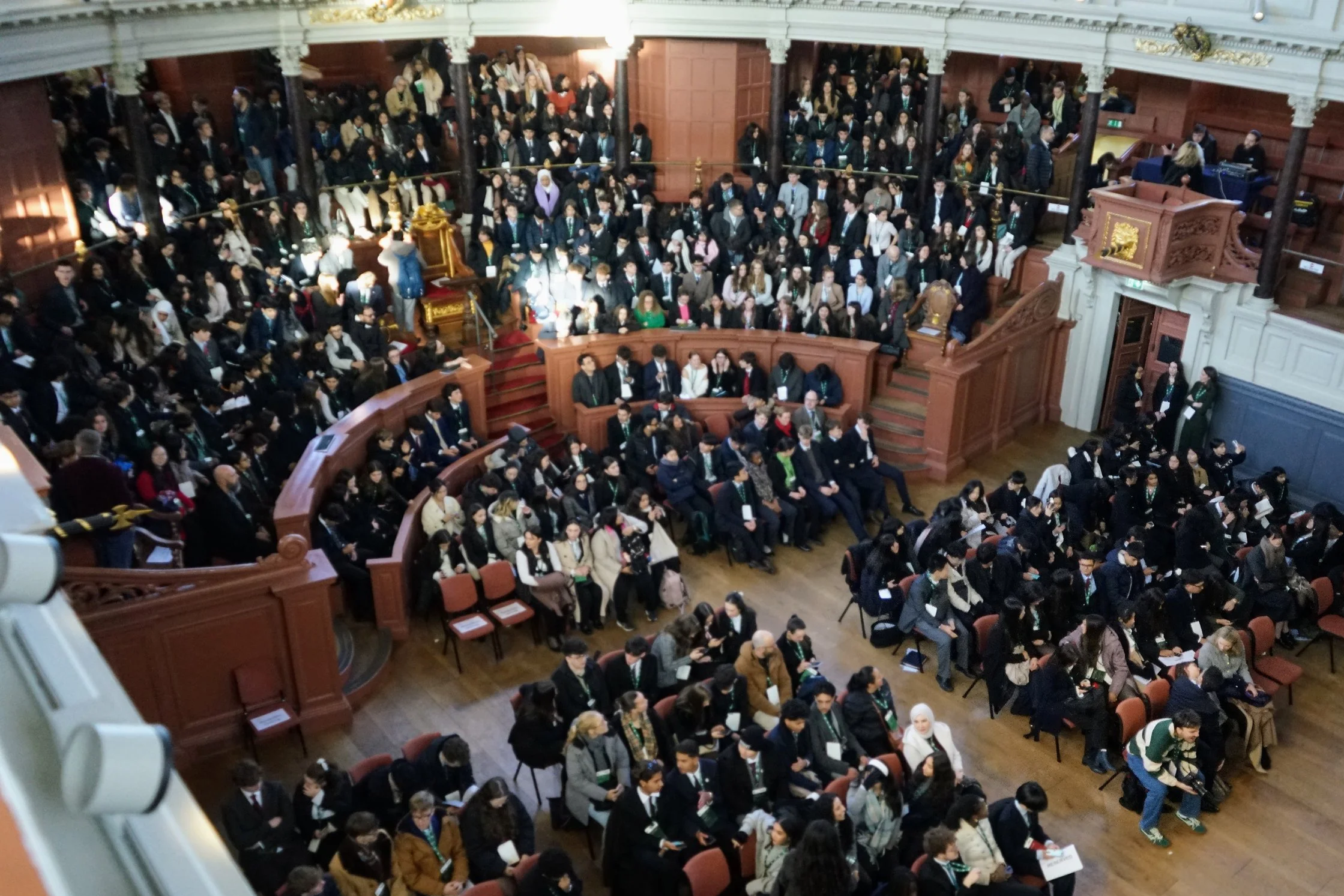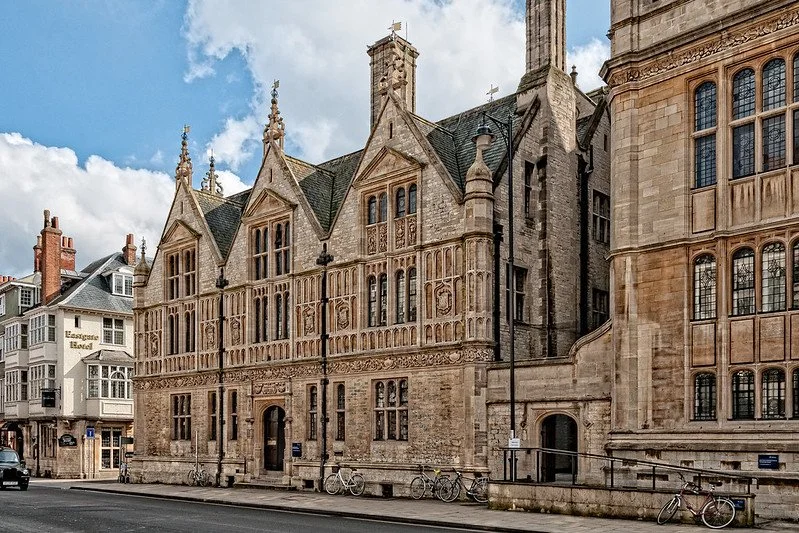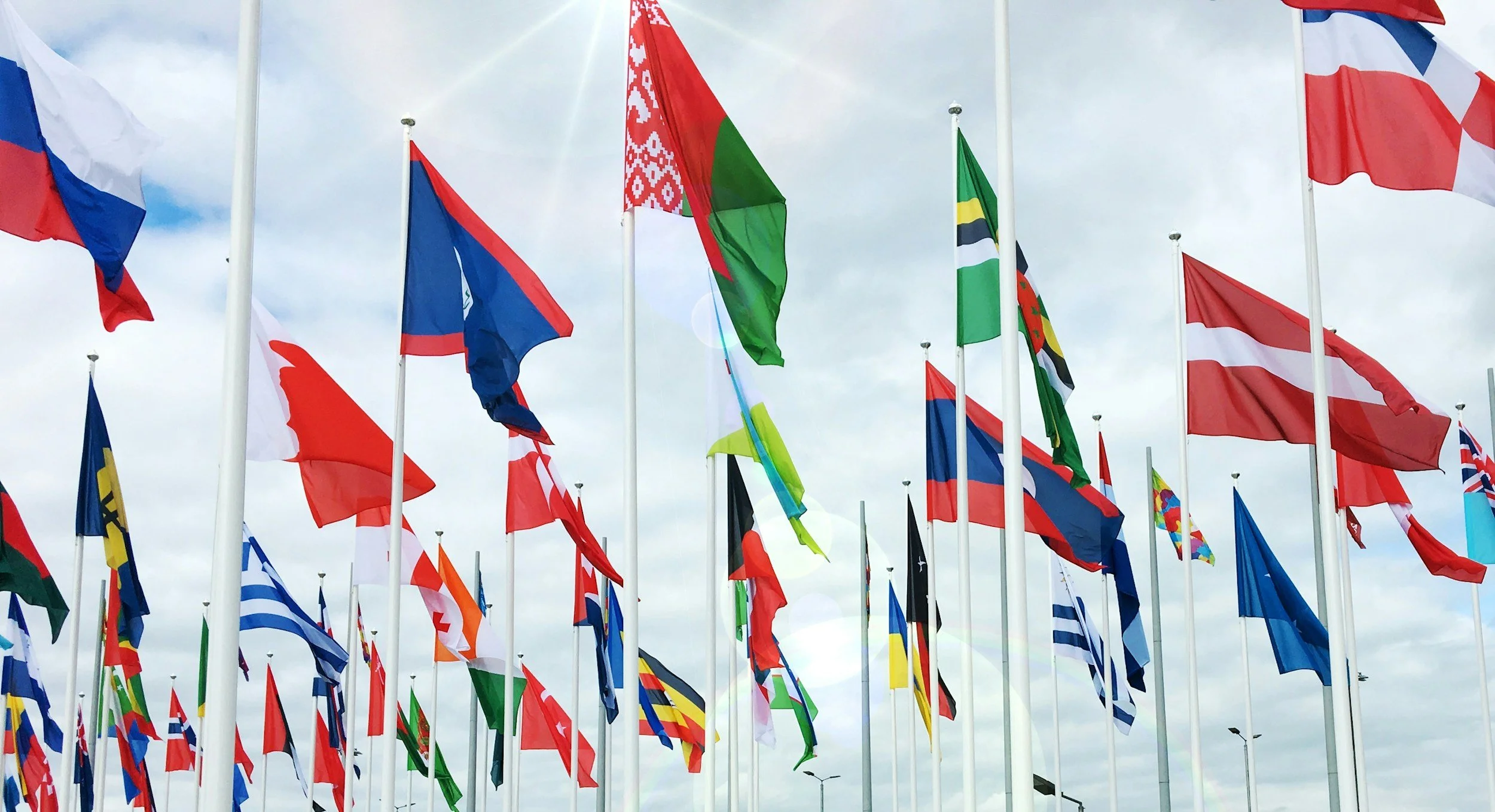The fifth global goal is to reach gender equality worldwide once the SDGs are due in 2030. While reaching this goal includes overcoming numerous challenges, the global community is on a good path to improve gender equality and empower women around the world.
SDG 4: Education for all
The fourth global goal is to ensure equitable quality education worldwide once the SDGs are due in 2030. While reaching this goal includes overcoming numerous challenges, the global community is on a good path to improving learning opportunities around the world and enabling a large part of humanity to enjoy high standards of eduction.
Understanding the UN: how to tell your GA from your ICJ
With its complicated acronyms, technical vocabulary and confusing internal procedures, understanding the structure of the UN can seem like a daunting task. This article aims to shed some light on the various agencies of the UN, examine the roles they each perform and explain how they all fit together.
SDG 3: good health and well-being
The third global goal is to ensure good health and well-being worldwide once the SDGs are due in 2030. While reaching this goal includes overcoming numerous challenges, the global community is on a good path to improving collective health and fighting the most important physical and mental health issues of our times.
SDG 2: eradicate hunger worldwide
The UN in 2020: what's on its agenda?
'Anniversaries are not about celebrating the past; they are about looking ahead'.
With these words, Antonio Guterres, Secretary-General of the United Nations, began his speech outlining the UN's agenda for 2020. This year marks the 75th anniversary of the United Nations and the organisation has committed to making it a 'year of urgency' for international development.
SDG 1: eradicate poverty globally
The Future We Want: an introduction to the SDGs
The Sustainable Development Goals were announced by the UN General Assembly in 2015 and will define the upcoming decade until their completion in 2030. Here is an introduction the main aims set out by the global community and an overview of the 17 SDGs. Stay put for more in-depth information about the SDGs over the upcoming weeks.
What to Look Forward to at the 2020 Home Conference!
OG COVID-19 Statement
GSYL Goes Digital (COVID-19 Statement)
Highlights from Home Conference 2019
Why We Chose the Sustainable Development Goals for Home Conference 2020
The American Withdrawal from the Paris Agreement and Dangers of Donald Trump
On the 5th of November, the United States began the official process of withdrawing from the Paris Agreement, a decision taken by President Donald Trump in 2017 which will see the US physically removed from this treaty on the day after the US 2020 election. While this move has received international condemnation from prominent world leaders, it remains necessary to consider the fundamental impact the US withdrawal will have on the Paris Agreement’s mission: to prevent the extreme rise of global temperature. Although the Trump administration can be accused for shirking its responsibility to fight climate change, considering the real impact of the Paris Agreement in this area causes us to reconsider the extent to which this move will be a disaster for international climate policy.
The Rise and Rise of the Aadhaar Regime
The Aadhaar (which translates to ‘foundation’ in Hindi) is a 12-digit identity number that Indian residents may (presently) choose to obtain. Residents who enrol with the the Unique Identification Authority of India to receive an Aadhaar are also provided a registration card, and are required to submit certain biometric and demographic data, including fingerprints and iris scans. This card serves as a valid proof of residence rather than citizenship. Importantly, the ease with which Aadhaar cards can be cross-referenced to such data has attracted much praise—the World Bank Chief Economic Paul Romer, for example, described it as the ‘most sophisticated ID programme in the world’. Since their introduction, Aadhaar cards have increased exponentially in popularity, but now their widespread use (which is in some cases compulsory) means proportionality analysis has become a necessity.
Horizontalism: Reducing the Barriers for Activists and Foreign Interference
On 10 December 2018, French President Emmanuel Macron delivered a public address in which he admitted fault and backtracked on policies introduced earlier that year regarding gas prices and minimum wage. It became the most viewed political speech in French history, with 23 million people having watched this rare admittance of defeat by Macron. This was a part of a series of concessions made to the Gilet Jaunes, or Yellow Vest, movement in France, whose decentralised protest style entered the zeitgeist once again and raised pertinent questions about the future of similar social movements, as evidence grows that other actors played a role in Macron capitulation.
A Change in Brazilian Foreign Policy for the Amazon?
Since the summer, debates around the question of the protection of the Amazon forest have been at the centre of the international stage. Following the influx of news regarding the fires raging in the region and the heated debate between Brazil’s president Jair Bolsonaro and French president Emmanuel Macron, the question of the Amazon has gained new weight in a scenario characterised by the climate strikes and the rise of new discussions on environmentalism in international forums.
Tied to Oil: Can Renewable Energies Really Reduce Geopolitical Dependencies?
Most countries have large oil and gas reserves of their own in order to prevent uncertainties in global markets as well as negative economic consequences in times of shortages. With 600 million barrels of oil, the United States holds the largest of such reserves in the world. In the European Union, a region whose energy security has historically been vulnerable due to a high dependence on oil and gas imports, a 1968 directive (passed during the times of the ‘European Community’) requires member states to have a strategic petroleum reserve for at least 90 days of average domestic consumption. The reason is that in situations of uncertainty, governments should be able to rely on reserves to fend off market speculation, or a full out energy crisis should the situation be more grave. However, despite the reserves, the international community has a strong dependency on fossil fuel exporters even today.
What Does Brexit Mean for Ireland?
Since the 2016 referendum, Brexit has been a mainstay of political, economic and social discussion across the UK and Europe. However, the consequences of this decision for Ireland have often gone under-explored. For the Republic, these include the trade repercussions of Britain’s possible exit of the Single Market and Customs Union, potentially counterbalanced by movement of MNCs to Dublin. For Northern Ireland, issues surrounding the border ‘backstop’ and Good Friday Agreement have also spurred concerns over the re-ignition of sectarian divide. The dynamic nature of the Brexit question leaves it difficult to anticipate precise impacts of the decision, yet the for Ireland these are likely to be as significant as they are lasting.
The Internet and Healthcare: Friend or Foe?
It goes without saying that the internet has revolutionised countless areas of life, largely due to the high-speed long-distance communication it enables and its role as an information resource. The latter is useful in a myriad of ventures, ranging from artificial intelligence to finding a cupcake recipe. It has also had a massive impact on healthcare, with studies having shown that 60–80% of internet users have utilised it to find health information. However, with the recent rise of the anti-vax movement and the ease with which misinformation may be spread online, is the internet really a force for good in the world of healthcare?
























